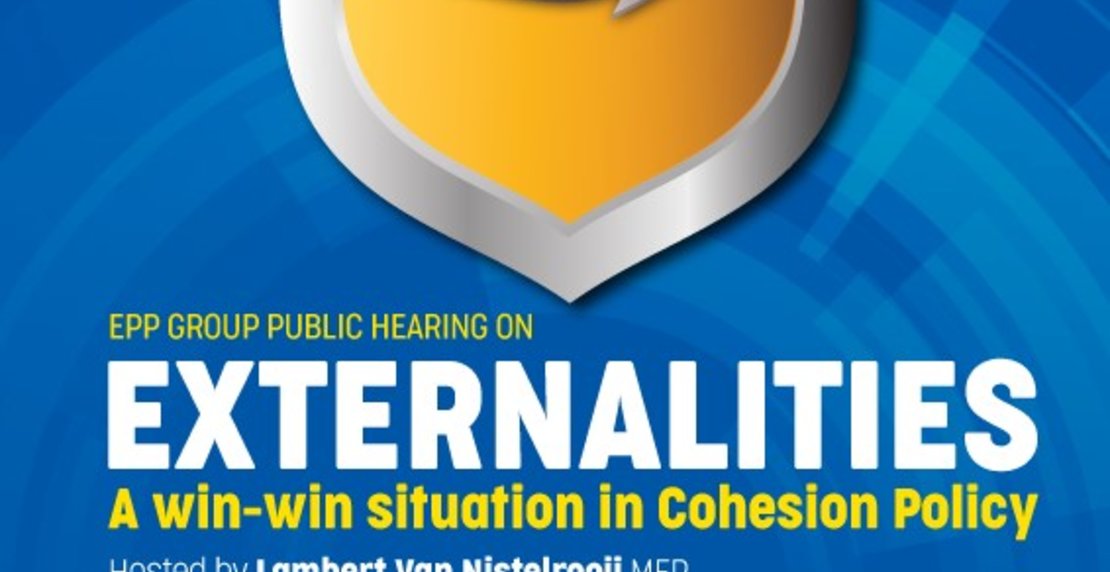
Public hearing 23rd of May: A win-win situation for Cohesion Policy
Cohesion policy is based on the Treaty of the Union. In the current period around 350 billion euros is spent on it. The funds are sometimes seen as a distribution tool for financial support for less developed regions and the newer member states, but there is much more to it. Territorial studies show that there are also beneficial effects for the highly developed Member States. We then speak of "externalities", benefits that come from public investments within the cohesion policy. There are benefits both for the recipients, the new Member States as well as for the 'net contributors'. Until now, this has never been properly researched. The (added) value of the cohesion policy is underexposed, says Lambert Van Nistelrooij and his colleagues from the REGI committee in the European Parliament. The visibility remains behind.
Therefore we are organising a public hearing on the 23rd of May, 15.30 in the European Parliament in Brussels A3E2. Interested parties in invited to register by sending a mail to [email protected]
Further information
The study requested by the European Parliament examines how cohesion investments affect the entire Union. Such a study can only be done on the basis of real data. That is why we opted for an analysis of the data for the period 2007-2014 (ex-post). The relationships have not changed much since then. In conclusion, they also apply for the period 2014-2020. We zoom in on the following countries: Austria, Germany, Netherlands, Belgium, Luxembourg, Sweden, Ireland, Denmark, Italy, Spain, Finland, France, United Kingdom, Portugal and Greece. This based on cohesion-receiving countries:
•Poland;
•Hungary;
• Czech Republic and
• Slovakia.
In the study both the growth in recipient countries and the effects in the "donor countries" themselves are discussed. The report contains interesting outcomes. All in all (EU-15, versus 4 cohesion countries examined) the following picture emerges: Of the EUR 120 billion "cohesion money" invested by the EU-15 in the four new countries, there is a EUR 97 billion return on investment (externalities) for these 15 countries.
Explanation The net contributors see positive results in their own country. The bulk of cohesion policy funding is devoted to the development of e.g. transport infrastructure, water and waste management, development of new products and innovation transfer in the new Member States. The benefits of such investments for the EU-15 arise not only from direct participation in construction work, but also from the supply of machinery, technology and knowledge, the improvement of spatial coherence and access to transport. Thanks to cohesion policy, many bottlenecks in the trans-European transport networks have been removed. This allows companies, originating from the EU-15 and operating on the Eastern European market, to reduce the costs and time of transport of goods, which has a positive effect for the EU citizen in the form of lower prices of imported goods. The comfort and safety of traveling through Europe due to improved infrastructure can also not be forgotten. This is beneficial for all parties. The entire report can be found here: www.ewaluacja.gov.pl/media/32979/EU-15_report_final_EN.pdf
